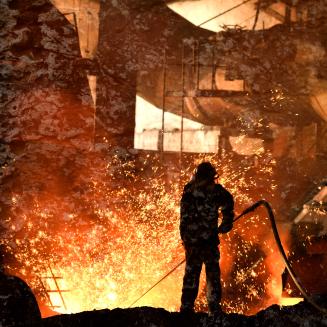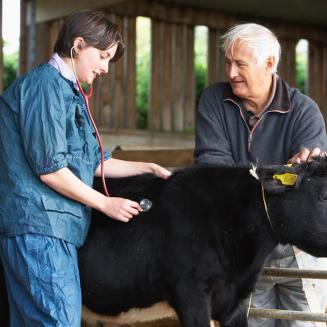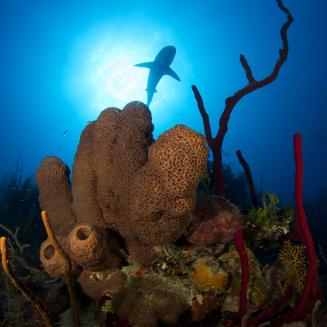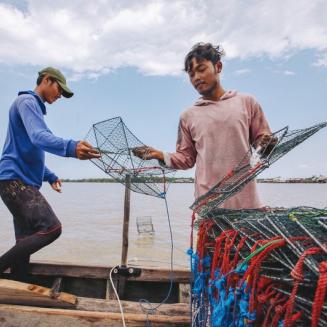Our work
Our work
Explore the work made possible by your support and activism.
Indirect Source Review: An answer to mega-warehouse pollution
Clean or dirty: Is hydrogen the climate-friendly energy solution we need?
Healthier animals, healthier people and a healthier planet
Studying the impacts of Solar Radiation Modification
What will we grow here? An analysis of candidate species for open ocean aquaculture in the United States
What Will We Grow Here? An Analysis of Candidate Species for Open Ocean Aquaculture in the United States (White Paper)Fact sheetTruck and bus charging infrastructure needed to support the ACT in 18 states
Unleashing Advances in Science, Technology, and Artificial Intelligence to Support Sustainable Open Ocean Aquaculture in the US
Unleashing Advances in Science, Technology, and Artificial Intelligence to Support Sustainable Open Ocean Aquaculture in the US (White Paper)ReportHow wet must a wetland be to have federal protections in post-Sackett US?
Unearthing Pennsylvania’s Legacy of Orphan and Abandoned Wells
A comprehensive integration and synthesis of methane emissions from Canada’s oil and gas value chain
AnalysisPreventing and Managing Disease
Preventing and Managing Disease (White Paper)ReportMarine protected areas in Cuba
Why it’s time to explore the potential impacts of Solar Radiation Modification
Blog postRestoring shark populations in Cuban waters
Managing Risks from Escaped Fish
Managing Risks from Escaped Fish (White Paper)ReportHighly uncertain methane leakage from oil and gas wells in Canada despite measurement and reporting
AnalysisSoil carbon
New research could help resource managers improve the health and resilience of the Mississippi River Basin
Why new technology is critical for tackling air pollution around the globe
Air quality and health impacts of transition to zero tailpipe emission medium and heavy-duty vehicles (MHDVs) in the Chicago region
Groundwater Accounting Platform
Modeling soil carbon and greenhouse gas emissions
How temperate forests could help limit climate change
Scientific American op-ed: How temperate forests could help limit climate changeOp-edAquaculture Feed
Illinois warehouse boom






















